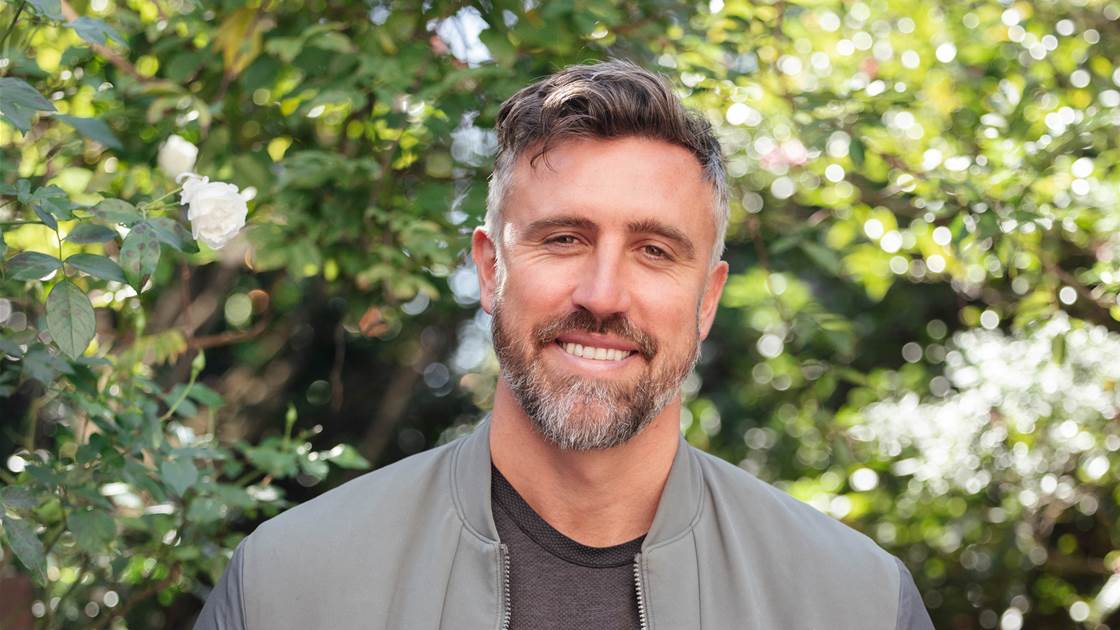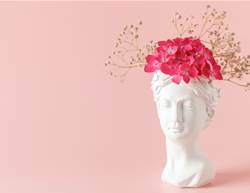Although it may not feel great, anxiety isn’t necessarily a ‘negative’ emotion. Like stress, it’s completely natural, even beneficial in small, deliberate doses.
Everyone feels anxious at times. Anxiety helps us to identify underlying stressors that need to be dealt with or warn us of potential dangers that might exist in the future. It’s only when anxiety doesn’t go away or is ignored, suppressed or forgotten about, that it can begin to cause problems.
Meditation may help improve depression, anxiety and attention span. And it can even reduce the ageing effects of stress.
With this in mind, meditation can help in two main ways when anxiety is left to do as it wishes: relief and awareness.
Using meditation for anxiety relief
Meditation can provide you with some relief from anxiety by shifting the mind out of the anxious state and into connection with something in the present moment. This could be something as simple as noticing a bodily sensation, like the feeling of the breath entering and leaving the body, or really tuning in with what you can hear in your immediate surroundings, like the sounds of the birds chirping outside or the hum of traffic.
When we do this, even if it’s for a minute or two, the mind steps out of the uncomfortableness of anxiety and into a place that feels safe and comfortable.
When using meditation in this way to help with anxiety, it’s not going to make those things that are causing you to feel anxious go away. So when you open your eyes and finish your meditation, you may feel a sense of peace for a little while, but soon enough, the anxiety will return until it has been dealt with.
Try this
Here’s a quick mindfulness exercise you can do to experience this type of relief via meditation. Close your eyes and take a few big breaths in and out. With each breath out, see if you can soften all the muscles in your body more and more with each exhale. Feel a melting sensation with each exhale. Doing this releases tension within the body and also allows the mind to move out of its worrisome mode and into connection with the present moment.
Then just noticing the feeling of this ‘melting sensation’ and how much the body has relaxed is deeply satisfying for the mind. It has allowed it to rest and not be so occupied with its anxious thoughts.
Using mindfulness for anxiety awareness
This is where meditation can really help with anxiety. By being able to separate yourself from the anxiety you’re feeling and expose it. From here you can begin to observe, understand and act on what is making you feel anxious. I call it "the campfire perspective". Rather than being consumed and burnt by the anxiety, you step out from the fire and begin to just look at it.
Ask questions about it, like "What are you trying to tell me?", "Why are you making me feel this way?" You can use meditation as a portal of sorts to observe and deal with your anxiety. This is incredibly liberating and shows you that anxiety is actually trying to help, not harm you.
Try this
You may need to practice the relief meditation above first, otherwise this mindfulness exercise may be too uncomfortable.
Once the body is feeling relaxed and calm, invite what is making you feel anxious to arise. At first, this will feel uncomfortable, but take your time and remember to breathe and that all is okay.
Notice where this uncomfortableness sits. Is it in the chest? The throat? Stomach? Just notice where you feel it. What colour does it have? Does it have a shape? How does it feel? Noticing all these elements will allow you to detach from it, giving you the space needed from it.
Then once you feel comfortable being able to observe it, you can then choose what you want to do with it. Do you want to shrink it? Burn it? Soften it? The choice is yours. Go through this process, trusting your intuition. It will begin to do what is necessary and needed for you to heal.
Luke McLeod is a meditation and mindfulness guide. He is the founder of The Mindful Life App - Soul Alive and the author of the book Everyday Enlightenment.
If your feelings of anxiety aren’t going away or are affecting your daily life, call Lifeline on 13 11 14.










